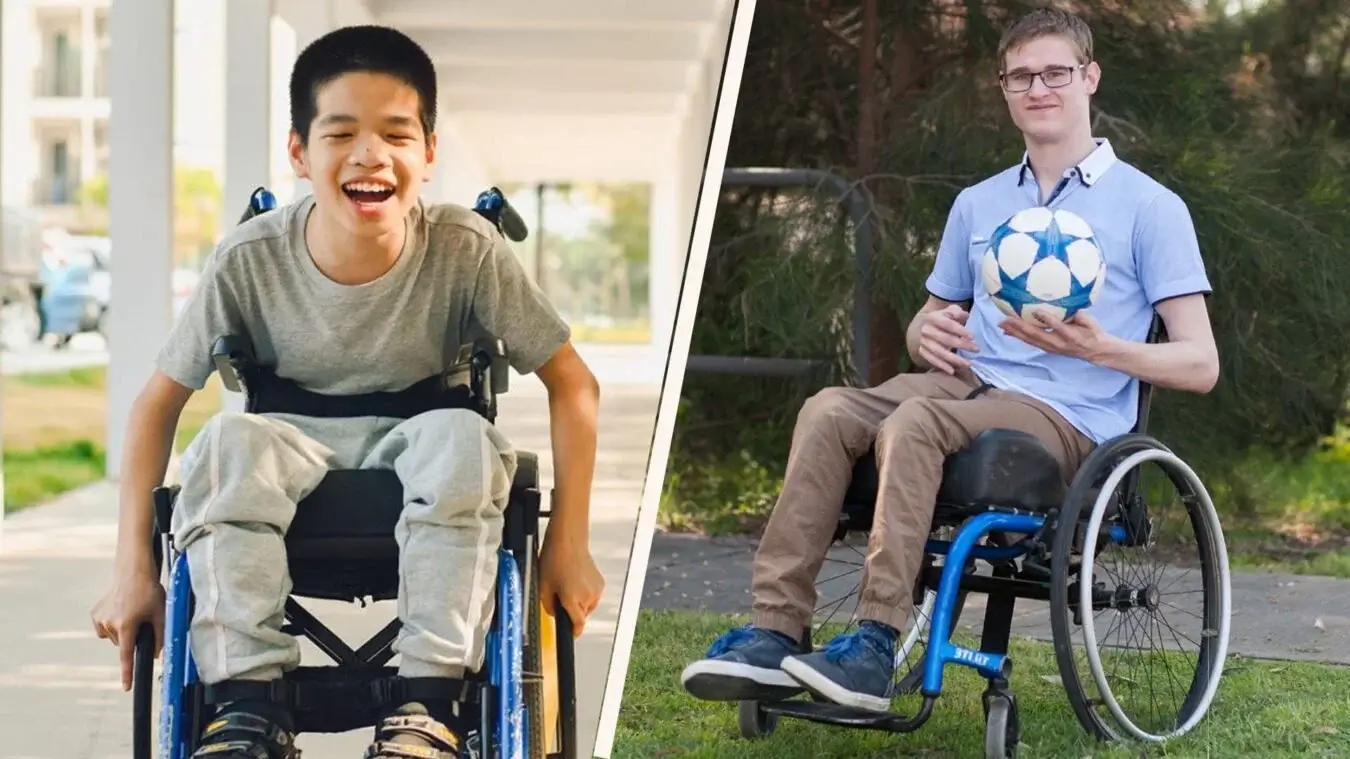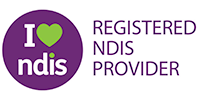Understanding the NDIS
The NDIS, a government-funded initiative in Australia, provides lifetime support to people with disabilities. Increasing people’s support independant living, well-being, and social engagement is its primary goal. People will be better equipped to use the NDIS and obtain the assistance they need if they are familiar with its guiding principles and services.
Independent Living and Its Importance
The NDIS, a government-funded initiative in Australia
The ability to make decisions, take control of one’s life, and participate fully in society is known as independent living. It promotes the self-determination, independence, and dignity of people with disabilities. A person’s sense of fulfilment, self-esteem, and social integration can all be enhanced by gaining independence.
Provides lifetime support to people with disabilities. Increasing people’s independence, well-being, and social engagement is its primary goal. People will be better equipped to use the NDIS and obtain the assistance they need if they are familiar with its guiding principles and services.
NDIS Support for Independent Living
The NDIS offers a range of assistance to aid people in achieving supported independent living because funding for personal care, home improvements, transportation, assistive technology, and therapy sessions are a few examples of these benefits. The NDIS intends to personalise support plans to each participant’s specific requirements and objectives, enabling them to live independently.
Accessing the NDIS
Individuals must fulfil certain eligibility requirements in order to access the NDIS. These requirements include being younger than 65 and having a persistent impairment that significantly affects daily functioning. Individuals can apply for the NDIS and start their path to independent living after proving they are eligible.
Planning for Independent Living with the NDIS
Participants create a unique plan with a planner after being admitted to the NDIS. This plan outlines the person’s objectives, desires, and the assistance they need to live on their own. People can determine their talents, needs, and techniques that will help them reach their goals through careful planning.
Finding the Right Support Providers
Finding the appropriate support providers is a critical component of supporting independent living with the NDIS. Participants have a wide selection of registered service providers to choose from, and these providers can provide specialised support tailored to their particular needs. It is crucial to conduct research on potential providers and pick ones who share the participant’s values, preferences, and goals.
NDIS Funding and Budgeting
The NDIS provides funding to support the specific needs and goals outlined in a participant’s plan. This funding is allocated based on reasonable and necessary supports that enhance independent living. Participants can manage their budgets, ensuring they allocate funds appropriately to different areas of their lives, such as personal care, household tasks, and community participation.
Assistive Technology and Independent Living
For NDIS, assistive technology is crucial in fostering independence. It covers a wide range of equipment, supplies, and software that facilitate movement and information access for people with impairments. People are able to achieve things that would have been challenging or impossible without the aid of assistive technology.
The NDIS acknowledges the value of assistive technology and provides funding to support participants in obtaining and using these gadgets. The NDIS makes sure that people have the tools they need to maximise their freedom and engage fully in their communities, whether it be a wheelchair, communication device, hearing aids, or specialised software.
Building a Support Network
Building a strong support network is just as important for supporting independent living as the NDIS’s valuable help. Family, close friends, mentors, and experts who can offer advice, help, and emotional support make up a support network. They may provide direct assistance, drive someone to appointments, or just be there to listen and offer support. A strong support system can make a huge difference in a person’s sense of empowerment, belonging, and general well-being.
Achieving Goals with the NDIS
The NDIS aids people in reaching their goals by encouraging them to set meaningful ones. The pursuit of education, job possibilities, and personal growth are a few examples of these objectives. Individuals can break down their objectives into achievable steps and make steady progress towards realising their dreams by collaborating with their support team and utilising NDIS resources.
Enhancing Quality of Life through Independent Living
Independent living is attainable with the NDIS in addition to physical freedom. It includes the opportunity to lead a fulfilling life. The NDIS improves people’s overall quality of life by granting them greater freedom of choice and control over their lives. People have the freedom to associate socially, follow their interests, and assist their local communities. People can experience fulfilment, joy, and personal development through living alone.
Challenges and Solutions
Living independently under any disability support program has numerous benefits, but it also poses various challenges. Some people could encounter obstacles like a lack of finances, trouble locating dependable support services, or difficulties navigating complicated systems. Nevertheless, there are options. Support coordinators are available through the NDIS, and they can help in addressing these issues, looking into alternative solutions, and standing up for participants’ rights. To overcome challenges and maximise the advantages of independent living, it’s critical to ask for assistance and remain proactive in seeking answers.
Success Stories of Independent Living with NDIS
Living independently under any disability support program has numerous benefits, but it also poses various challenges. Some people could encounter obstacles like a lack of finances, trouble locating dependable support services, or difficulties navigating complicated systems. Nevertheless, there are options. Support coordinators are available through the NDIS, and they can help in addressing these issues, looking into alternative solutions, and standing up for participants’ rights. To overcome challenges and maximise the advantages of supported independent living, it’s critical to ask for assistance and remain proactive in seeking answers.
Conclusion
In order for persons with disabilities to live independently, reach their full potential, and lead happy lives, the NDIS provides invaluable support. With the aid of customised planning, accessibility to resources, funding, and help, assistive technology, and a strong network of friends and family, people can overcome challenges and achieve their goals. By embracing the principles of independent living, people can experience greater self-determination, better well-being, and improved societal involvement.



